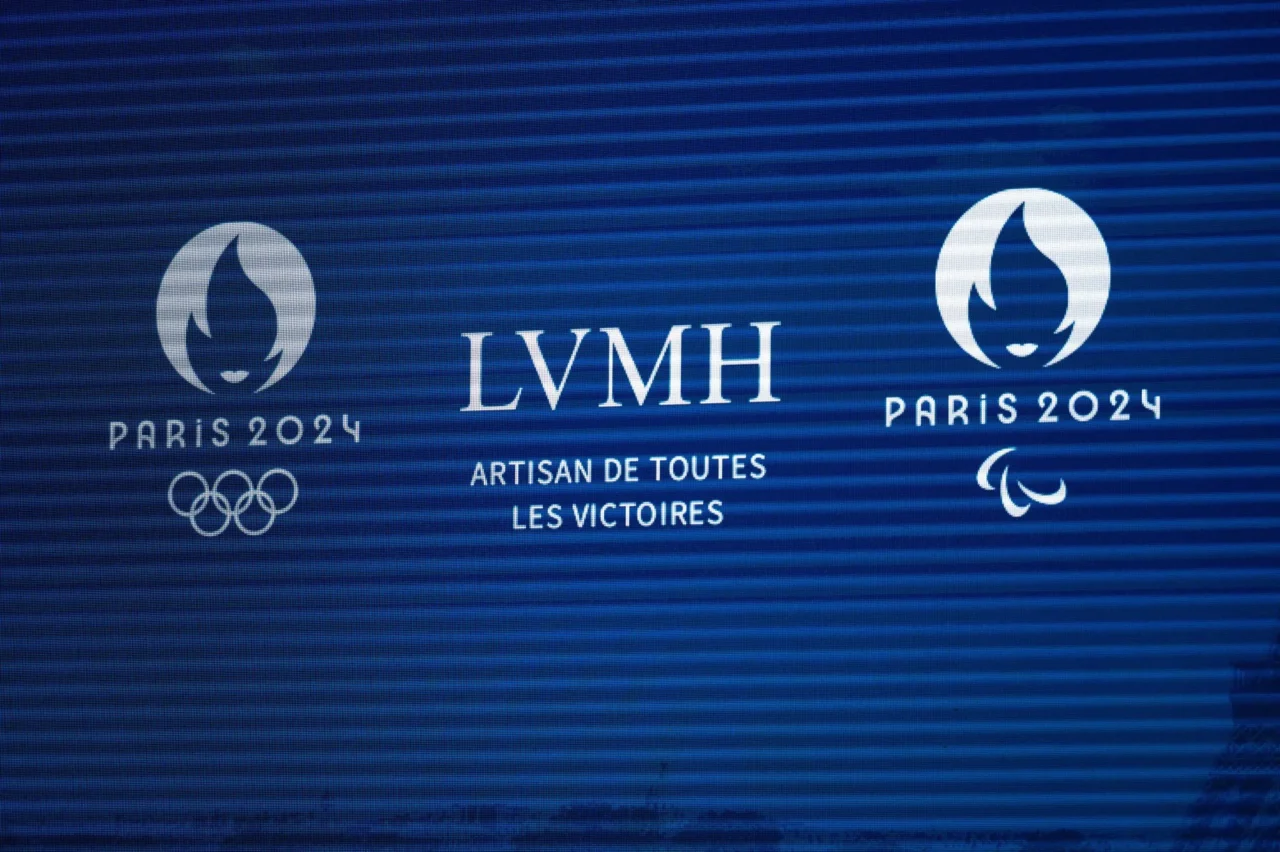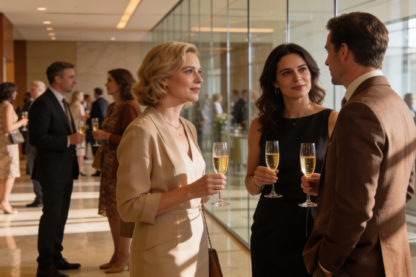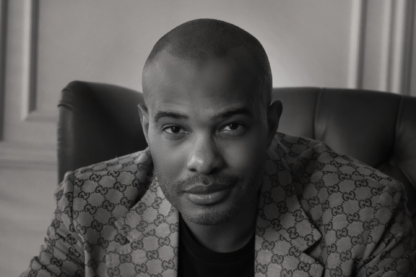Strategic partnerships have become essential for luxury brands striving to expand their influence, innovate, and reach new audiences. These alliances allow brands to amplify their impact, merge strengths, share resources, and access new markets in ways that transcend traditional marketing. By forming high-profile collaborations with global events, luxury brands can tell richer stories, build exclusivity, and foster deeper connections with consumers who value craftsmanship and quality.
The World Luxury Chamber of Commerce (WLCC) plays a crucial role in shaping and promoting such partnerships. As a global network uniting prestigious luxury brands, WLCC is committed to driving growth and recognition within the sector. Alexander Chetchikov, President of WLCC, brings valuable insight into one of the most transformative alliances in recent history: LVMH and the Olympics.
The 2024 Olympic Games marked a milestone not only for athletic excellence but also for luxury brand sponsorship. By investing a record $163 million, Louis Vuitton Moët Hennessy (LVMH) has set a new benchmark for luxury partnerships on a global scale, redefining the boundaries of brand collaboration and setting new standards for the industry.
A Global Stage for Luxury Brands
The Olympics provide a unique opportunity for brands to gain visibility among a vast international audience, making it an ideal platform for luxury brand exposure. With its historic investment, LVMH surpassed previous luxury sponsorships, signaling its commitment to amplifying its creativity and prestige. Alexander Chetchikov sees this partnership as a strategic masterstroke: “Luxury brands increasingly recognize the importance of alliances like these in reaching new markets and reinforcing their brand identity.”
Creative Collaboration and Brand Enhancement
As the official premium partner, LVMH infused the Olympics with its renowned artistry and dedication to French savoir-faire, creating a memorable and highly creative milestone in luxury sponsorship. Driven by the passion and skill of its artisans, LVMH took on key roles across several iconic Maisons to highlight French craftsmanship at this global event. Chaumet designed the medals, Louis Vuitton crafted custom trunks for the Olympic torches and medals, Berluti provided elegant attire for the opening ceremony, and Sephora sponsored the Torch Relay. The partnership extended beyond aesthetics, supporting French athletes and engaging in initiatives like Champions Park and Club France, underscoring LVMH’s deep social commitment. This multifaceted collaboration allowed LVMH to be celebrated as the “Artisan of All Victories,” blending excellence, creativity, and national pride at the 2024 Games.
Expanding Reach to Target New Audiences
Through its Olympic sponsorship, LVMH reached beyond its traditional luxury consumers, engaging with an audience drawn to both luxury and the ideals of resilience, precision, and achievement. This alignment exposed LVMH to high-net-worth individuals (HNWIs) within new segments, broadening its influence in the luxury market.
While the immediate returns, such as heightened brand awareness and social media traction, are evident, Chetchikov highlights the importance of a long-term perspective. “Strategic partnerships like these are about building enduring connections. For LVMH, the true return will unfold as its Olympic association deepens consumer loyalty and enhances brand recognition. This partnership allows LVMH to make a lasting impression on both sports enthusiasts and luxury consumers, harnessing the Olympic spirit to elevate its brand image, engage new audiences, and reinforce its global standing in the luxury industry,” he explains.
Navigating the Challenges of High-Profile Sponsorships
Beyond immediate benefits, LVMH’s Olympic partnership created avenues for new relationships and internal inspiration. When luxury brands collaborate on a global scale, it fuels business growth and cultivates a culture of creativity that resonates with both the brand and its audience.
Despite the clear advantages, large-scale sponsorships carry inherent risks—from political and cultural sensitivities to the complexities of measuring ROI. LVMH’s approach, centered on long-term brand impact over quick returns, mitigates these risks and positions it well within an evolving luxury landscape.
Conclusion
LVMH’s partnership with the 2024 Olympics was a groundbreaking example of how luxury brands can elevate their stature and influence through strategic alliances. By aligning itself with one of the world’s most prestigious events, LVMH not only reinforced its own brand identity but also expanded its reach to a diverse, global audience, showcasing the power of creativity and heritage in luxury sponsorships. While the long-term financial impact of this ambitious investment is yet to be fully realized, the partnership has already established LVMH as an industry leader in redefining luxury marketing through high-profile collaborations.
The World Luxury Chamber of Commerce recognizes the value of such transformative partnerships and actively supports its members in forming alliances that foster innovation and visibility. Through exclusive networking opportunities, the WLCC enables its members to engage with prestigious brands, explore collaborative ventures, and participate in groundbreaking projects that span diverse industries. For brands seeking to redefine their impact in the luxury market, WLCC provides an invaluable platform to connect, collaborate, and create, positioning its members at the forefront of luxury sector evolution.
This commitment to partnership and collaboration is at the heart of WLCC’s mission, as it continuously facilitates connections that inspire growth, foster creativity, and contribute to the collective prestige of its members.





